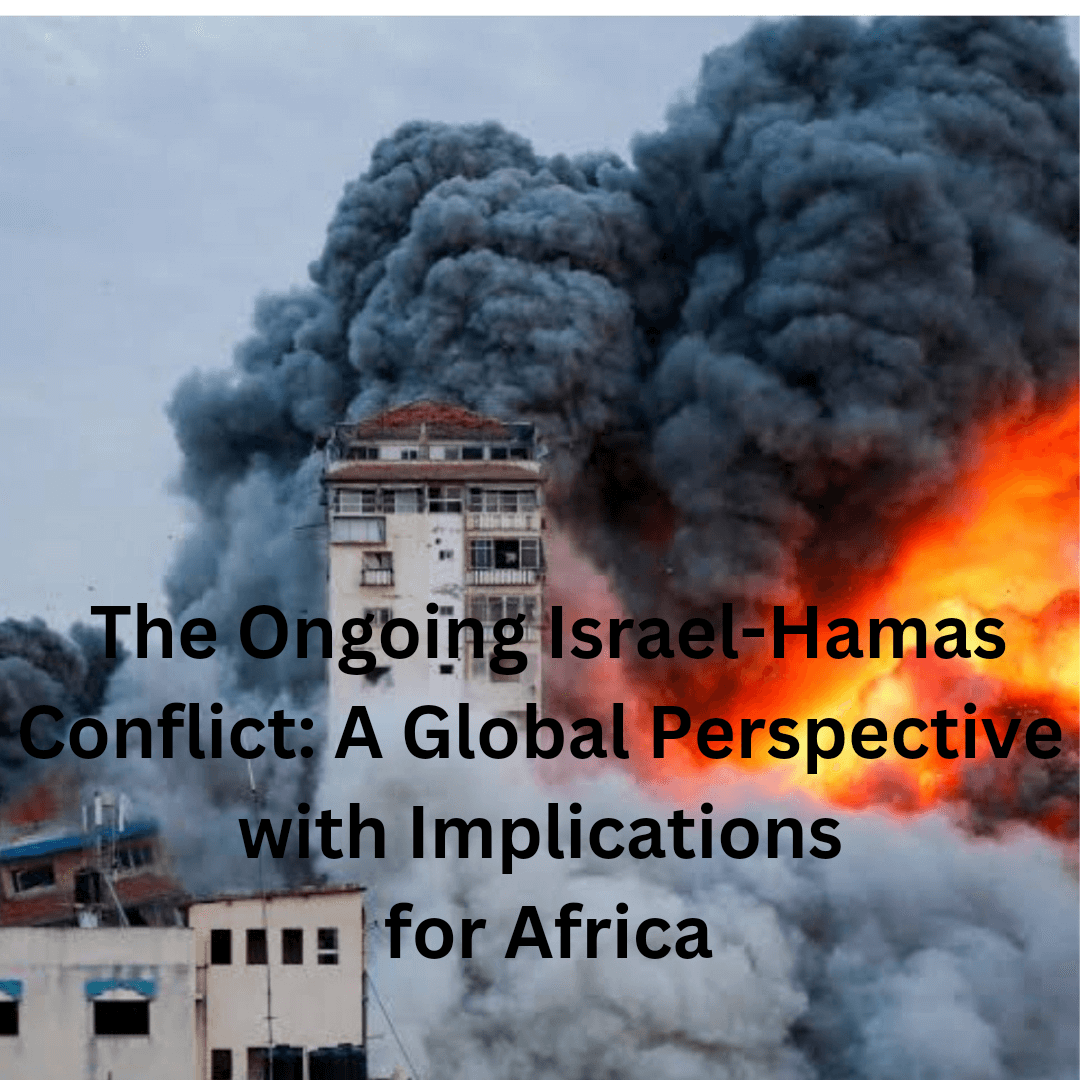The Israel-Hamas conflict was sparked by escalating tensions in Jerusalem, primarily centered around the Al-Aqsa Mosque compound. Clashes and protests ensued, leading to a series of rocket attacks by Hamas militants and retaliatory airstrikes by Israel. The situation remains volatile, with both sides claiming self-defense. International efforts are underway to bring about a ceasefire and restore peace.
So far, the Israeli military has warned 1.1 million people living in northern Gaza to evacuate south for their safety.In an attempt to put an end to the war, US President Joe Biden has spoken to Israeli Prime Minister Benjamin Netanyahu and Palestinian Authority President Mahmoud Abbas to discuss security and efforts to prevent the conflict from widening but Iran is making threats- “If the Israeli apartheid’s war crimes and genocide are not halted immediately, the situation could spiral out of control & ricochet far-reaching consequences,” Iran’s Mission to the UN said.
The ongoing Israel-Hamas conflict is sending ripples across the globe, and its effects are now being felt in Africa. One of the effects of the conflict between Israel and Hamas is the far-reaching consequences on a global scale. It has the potential to disrupt international relations, including trade and diplomatic ties, which can indirectly affect various regions, including Africa. The conflict’s escalation can also lead to increased tensions and potential security concerns, influencing travel decisions and tourism patterns.
Also as international attention remains fixated on the conflict, potential tourists may perceive the entire region as unstable. This perception can lead to a decline in tourist arrivals, affecting African countries heavily reliant on international visitors. To counteract this, African tourism boards must emphasize the safety and unique attractions of their destinations.The conflict’s impact on regional stability can indirectly affect Africa’s tourism industry. Africa has made significant strides in promoting peace, stability, and economic growth in recent years. However, geopolitical tensions and conflicts in other parts of the world can have a spill-over effect, potentially undermining the progress made in maintaining peace and stability across the continent.
As the situation evolves, travel advisories issued by governments and international organizations become crucial. These advisories provide valuable information regarding safety concerns and travel restrictions, helping travelers make informed decisions. Tourists planning trips to Africa need to stay updated on these advisories and consult with travel agencies for guidance.
During times of conflict, it is crucial for the international community, including African nations, to advocate for peaceful resolutions and support diplomatic efforts. African nations, with their history of overcoming challenges, can play a significant role in promoting dialogue and fostering peaceful resolutions to global conflicts.
The conflict’s displacement of individuals seeking refuge is also impacting Africa. As tensions escalate, Palestinians and Israelis may seek shelter in neighboring countries, including those in Africa. This influx of displaced individuals places strain on resources and infrastructure, necessitating international cooperation to support those in need.
Stay tuned for further updates on this evolving situation.

